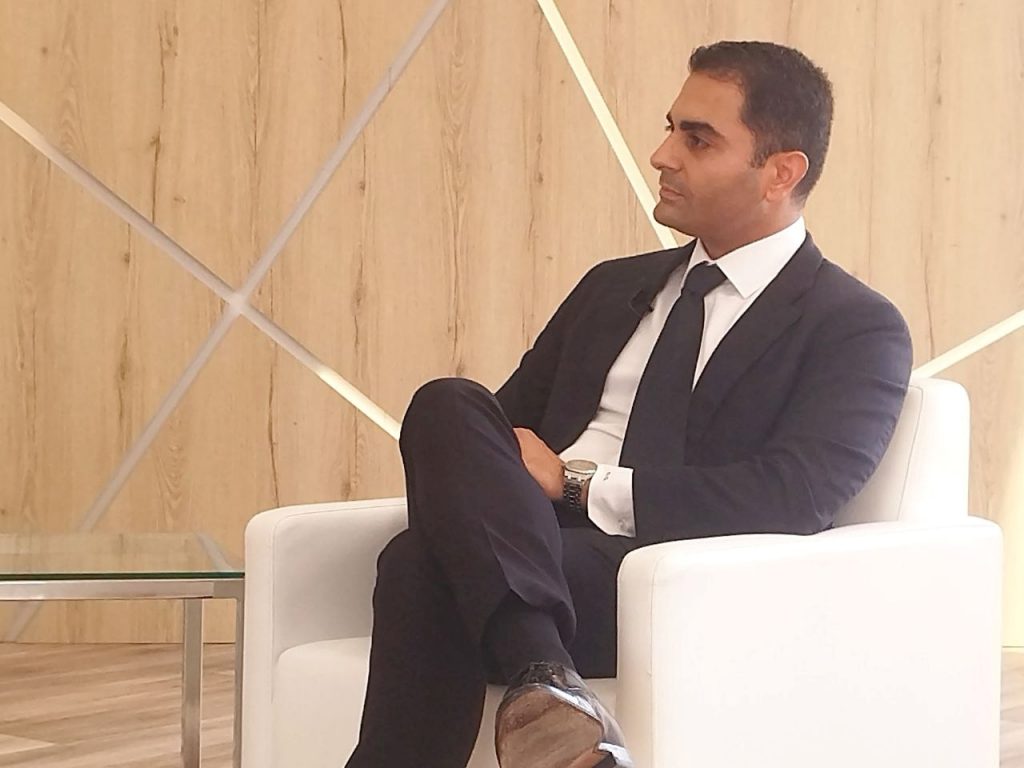The significance of an ambitious initiative to connect the power grids of Israel to Cyprus and then on to mainland Greece – via an undersea cable spanning the breadth of the eastern Mediterranean – was underlined on Saturday by business consultant and energy analyst Orestis Omran during an interview at the OT.gr studio within the Thessaloniki International Fair (TIF).
The widely known project is officially called the Great Sea Interconnector (GSI).
“The project is very important for the entire EU, which is funding it with more than 600 million euros. It’s the largest direct funding ever given; the cable will bring electricity produced in Israel and will be transferred from southern Europe to central and western Europe. This project is stuck because there are also vested interests at stake, between renewable energy producers and producers of other forms of energy,” he said, adding:
“Implementation of the project will contribute to lifting Cyprus’ energy isolation. I believe that political courage is needed, and I believe that the issue will be resolved in the med-term with appropriate compromises and effective cost-sharing between the parties involved.”

Business consultant and energy analyst Orestis Omran during an interview at the OT.gr studio within the Thessaloniki International Fair (TIF).
Omran’s comments come ahead of a closely watched meeting on Tuesday in Nicosia chaired by Cyprus President Nikos Christodoulides, with the participation of both the relevant Greek and Cypriot energy ministers, the CEO of Greece’s Independent Power Transmission Operator (IPTO or ADMIE), and the head of Cyprus independent power authority.
Earlier, IPTO CEO and chairman Manousos Manousakis stressed that the specific project entails a common European interest, although it continues to face serious regulatory framework hurdles, for which is why negotiations are ongoing.
As he said, the project is crucial for Europe. Specifically for Cyprus, he said the benefit is a reduction in the cost of electricity, on the one hand, while at the national level, it’s a crucial project in terms of its geo-political importance.


